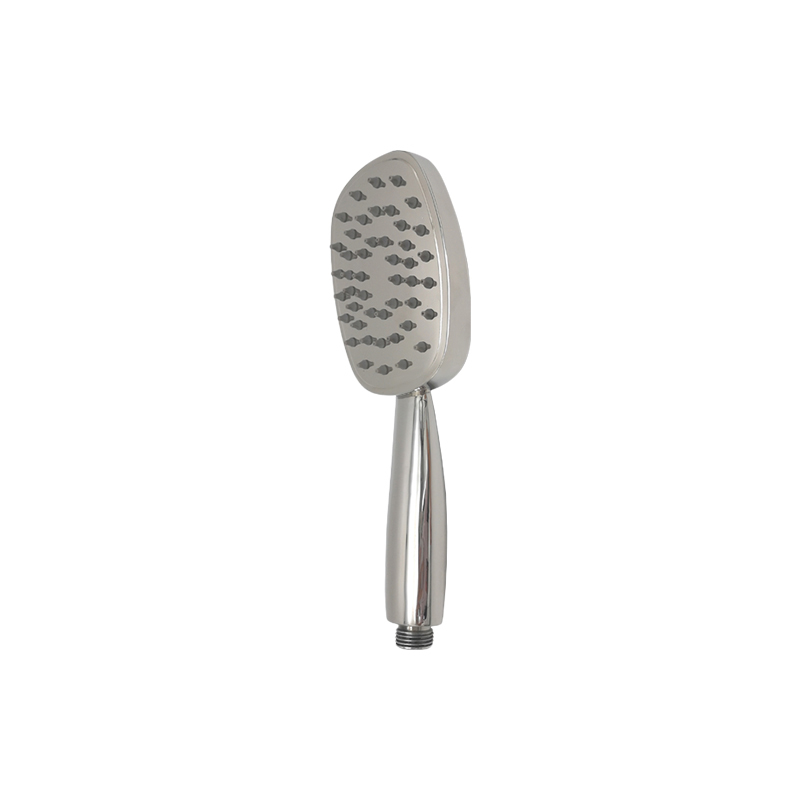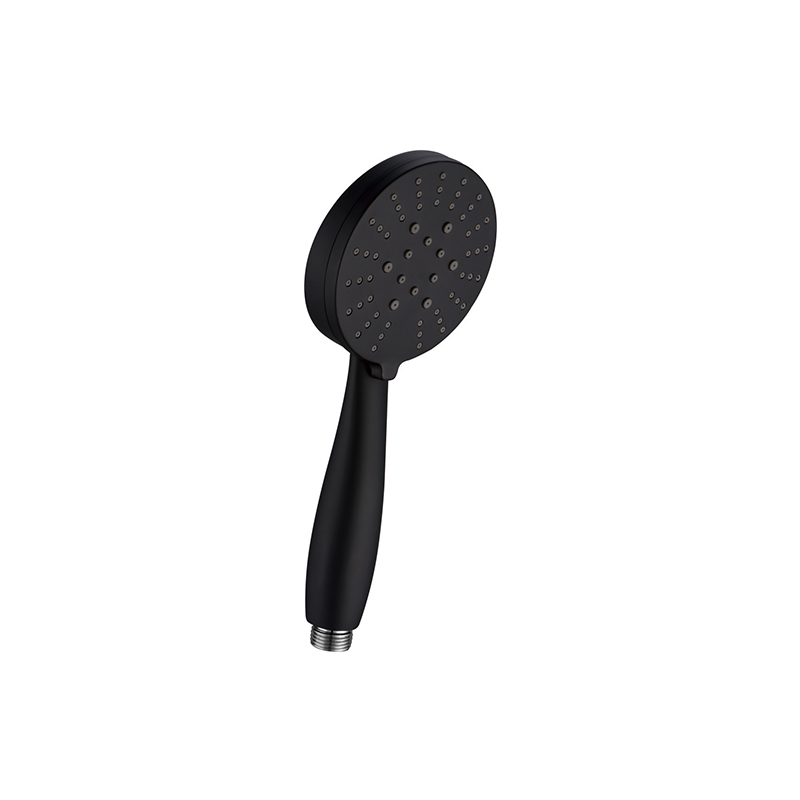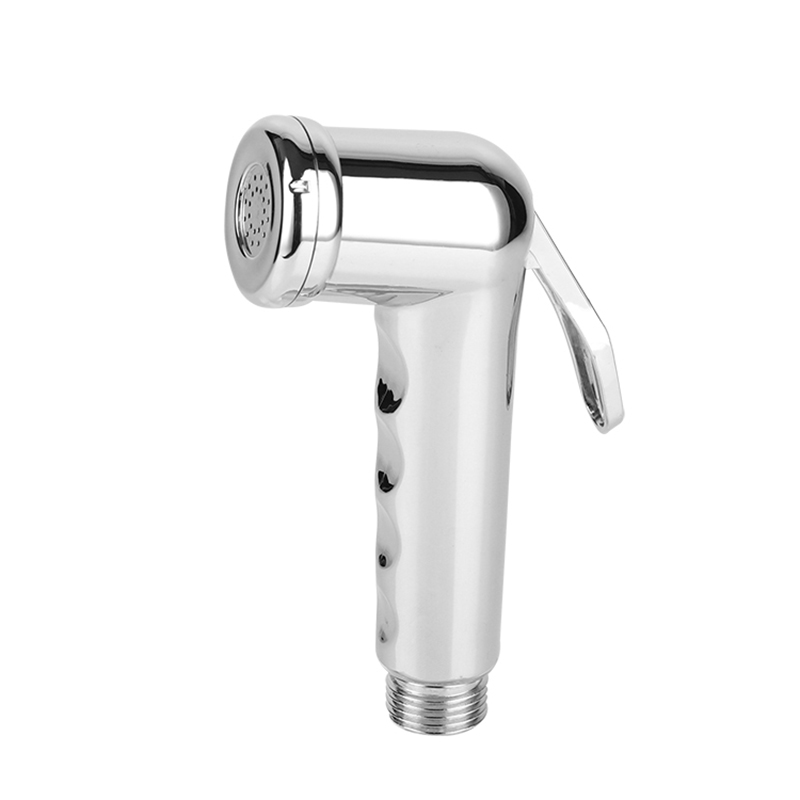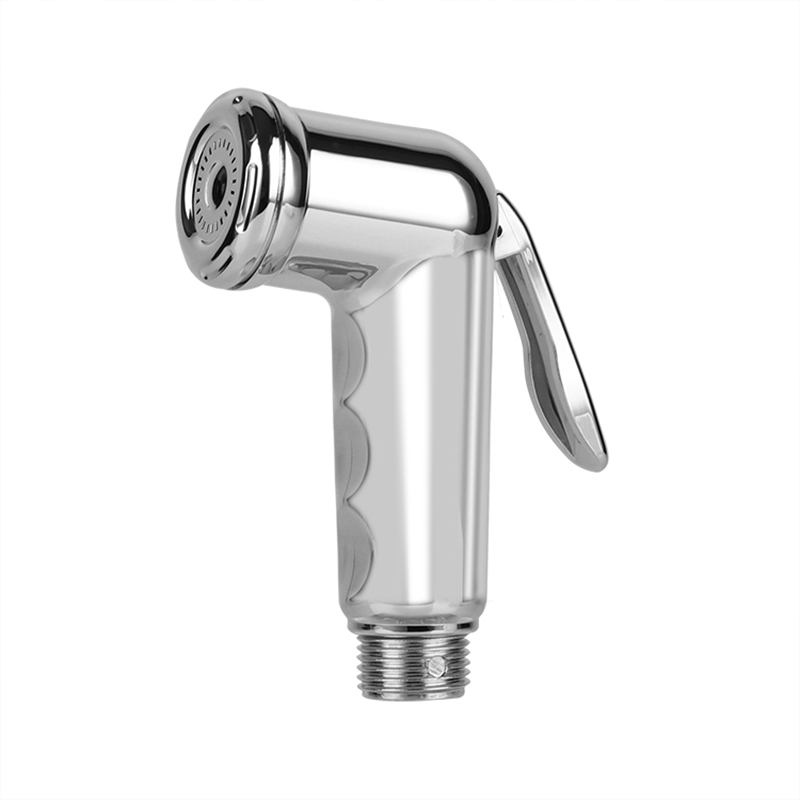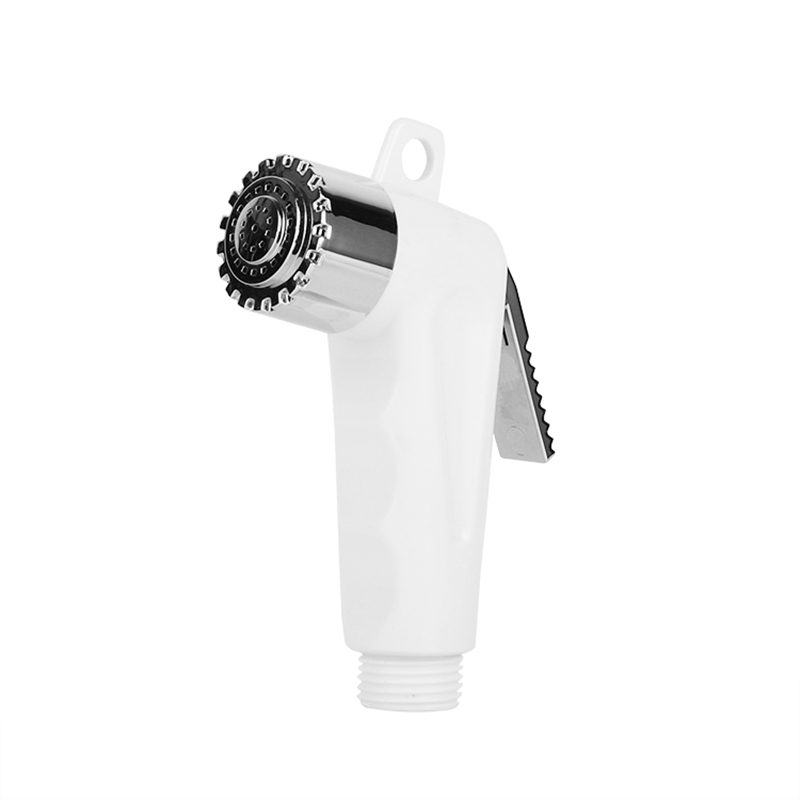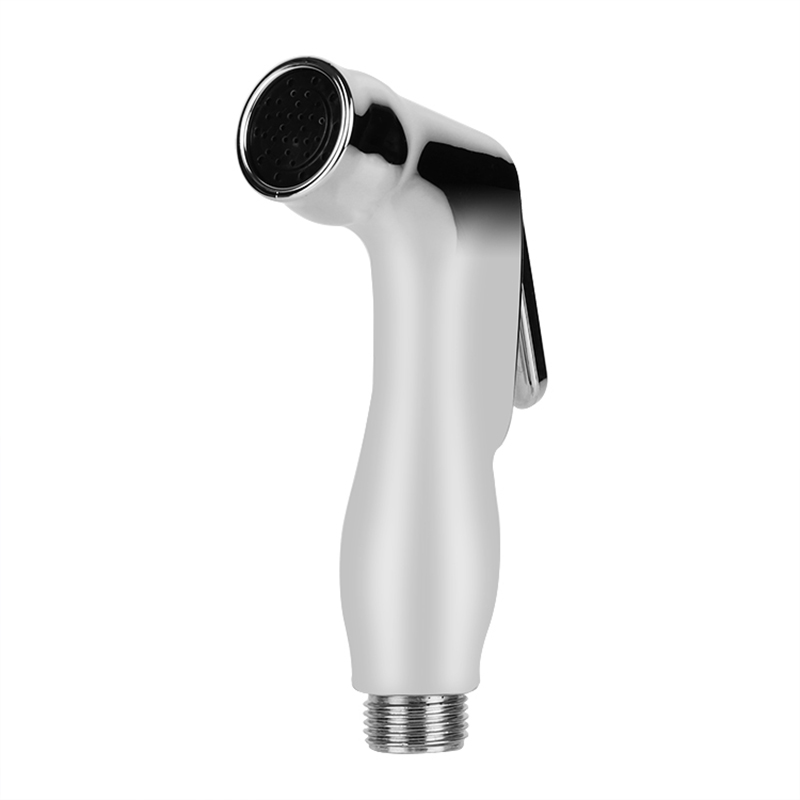PVC Shower Hose (polyvinyl chloride shower hose) needs to meet a series of standards and specifications during the design and manufacturing process to ensure its safety, durability and functionality. Here are some common standards and specifications:
Material standards:
PVC materials should meet corresponding international or national standards, such as ISO, ASTM, DIN, etc., to ensure the physical properties and chemical stability of the material.
It is prohibited to use toxic or harmful additives to ensure that the product is safe and harmless to the human body.
Dimensions and tolerances:
The inner and outer diameter, length, wall thickness and other dimensions of the shower hose should comply with relevant standards or customer requirements to ensure compatibility with shower heads and connectors.
Dimensional tolerances should be controlled within a reasonable range to ensure product consistency and reliability.
Performance requirements:
Withstand pressure: The shower hose should be able to withstand a certain amount of water pressure without leaking or cracking.
Temperature resistance: Within the normal operating temperature range, the hose should maintain good elasticity and durability.
Chemical resistance: The hose should be resistant to corrosion from common chemical cleaners, shampoos and other substances.
Bending performance: The hose should have good bending performance to adapt to different installation environments and usage needs.
safety standard:
Anti-slip design: The surface of the hose should have an anti-slip texture or coating to reduce the risk of slipping and falling off during use.
Flame retardant properties: The hose should have certain flame retardant properties to reduce the risk of fire.
Non-toxic and odorless: The hose should be non-toxic and odorless during manufacturing and use to ensure human health.
Environmental requirements:
Environmentally friendly materials: Prioritize the use of recyclable and degradable environmentally friendly materials to reduce environmental pollution.
Production process: Waste emissions and energy consumption should be reduced during the manufacturing process to achieve green production.
Testing and Certification:
Shower hoses must undergo a series of tests and certifications before leaving the factory, such as pressure tests, temperature tests, bending performance tests, etc., to ensure product quality and safety.
Comply with relevant international or regional safety certification standards, such as CE, UL, NSF, etc.
Logo and packaging:
Necessary information such as manufacturer information, model, specifications, production date, etc. should be clearly marked on the product.
Packaging should ensure that the product is not damaged during transportation and storage while providing adequate protection to avoid scratches or contamination.
In short, PVC Shower Hose needs to follow a series of standards and specifications during the design and manufacturing process to ensure the safety, durability and functionality of the product. Manufacturers should strictly abide by relevant standards and specifications to ensure product quality and user satisfaction.

 English
English 中文简体
中文简体




